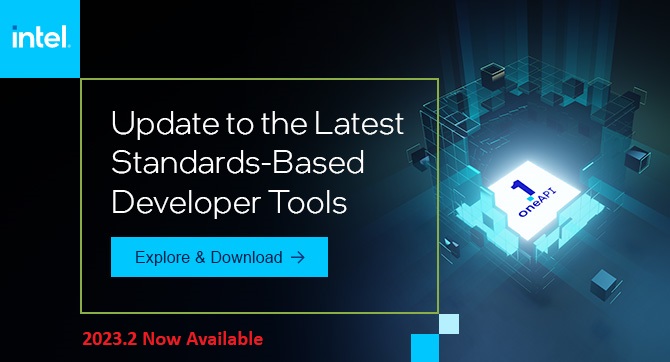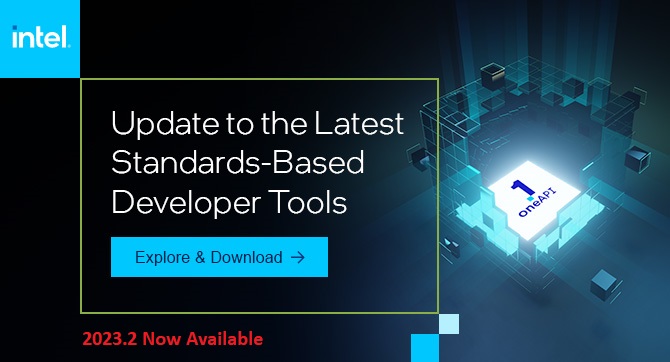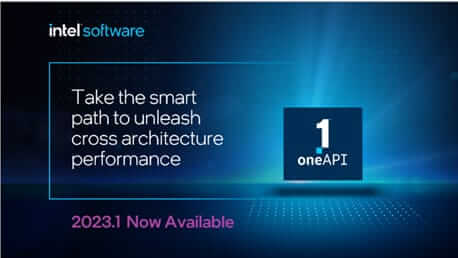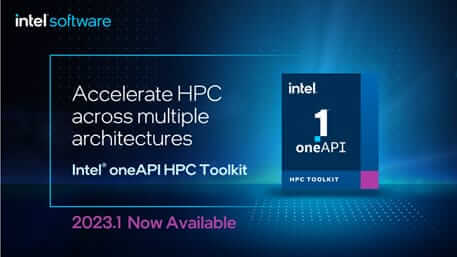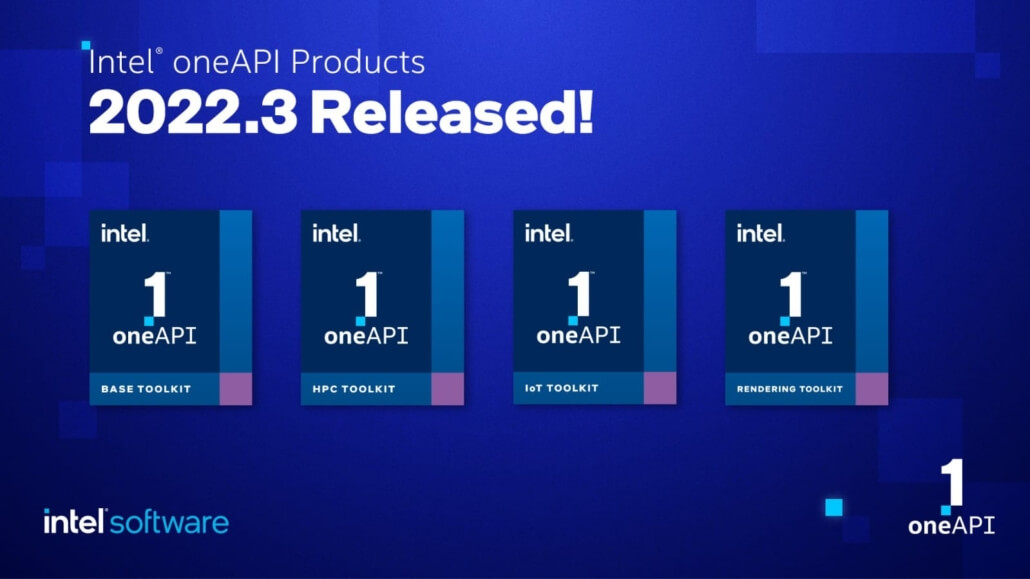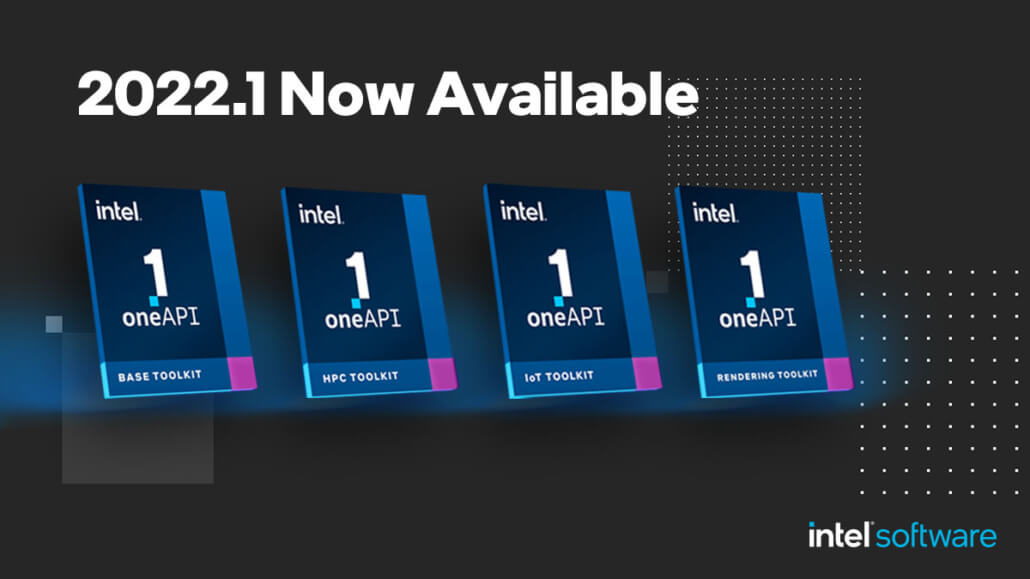Intel IOT solutions
UP Squared AI Vision X Developer Kit

Embedded Box Computers UP Squared AI Vision X developer kit with Intel ATOM x7-E3950, on board 8GB DDR4, 64GB eMMC, with myriad X inside, HD Camera, pre-load Ubuntu image, 5V6A Power supply, EU+US Power cord.
The “UP Squared AI Vision X Developer Kit” is a hardware and software development kit designed for AI (Artificial Intelligence) and computer vision applications. This kit typically includes an UP Squared single-board computer (SBC) or a similar compute module, along with additional components and software tools specifically tailored for AI and computer vision development. Developers can use this kit to build and experiment with AI-powered applications, such as image recognition, object detection, and more. It provides a convenient platform for prototyping and testing AI and computer vision projects.
UP Xtreme Edge Compute Enabling Kit

This kit provides developers with a platform to create and experiment with edge computing solutions, making it easier to develop applications that require immediate processing and decision-making capabilities. It often comes with pre-installed software and tools to streamline development for edge scenarios, making it a valuable resource for those working on edge-based projects.
UP Xtreme i11 Edge Compute Enabling Kit is a Intel Certified Developer Kit with pre-installed Ubuntu OS and software package, including Intel Edge Insights for Vision and other software ingredients.
For boost AI performance, we also offer SKU option with AI accelerator and Intel® Distribution of OpenVINO™ toolkit, it accelerates Computer Vision (CV) and Deep Learning Inference from Edge to Cloud. It also offers pre-trained models, and pre-optimized kernels to increase performance for AI.
UP Xtreme i11 & UP Squared 6000 Robotic Development Kits

UP Xtreme i11 Robotic Development Kit with Intel® Core™ i7-1185GRE, 16GB (8G * 2) SO-DIMM DDR4, 128GB 2.5” SSD, with Wi-Fi module, Intel® RealSense™ Camera, Omni directional Wheel Robot Car(Motor Control Board, Wheels, Motor) and pre-loaded Ubuntu image(supported Intel AMR SDK).
UP Squared 6000 Robotic Development Kit with Intel® ATOM™ x6425E, onboard 8GB DDR4, 64GB eMMC, with Wi-Fi module, Intel® RealSense™ Camera, Omni directional Wheel Robot Car(Motor Control Board, Wheels, Motor) and pre-loaded Ubuntu image(supported Intel AMR SDK).
To know more:https://aditech.in/?p=14085

